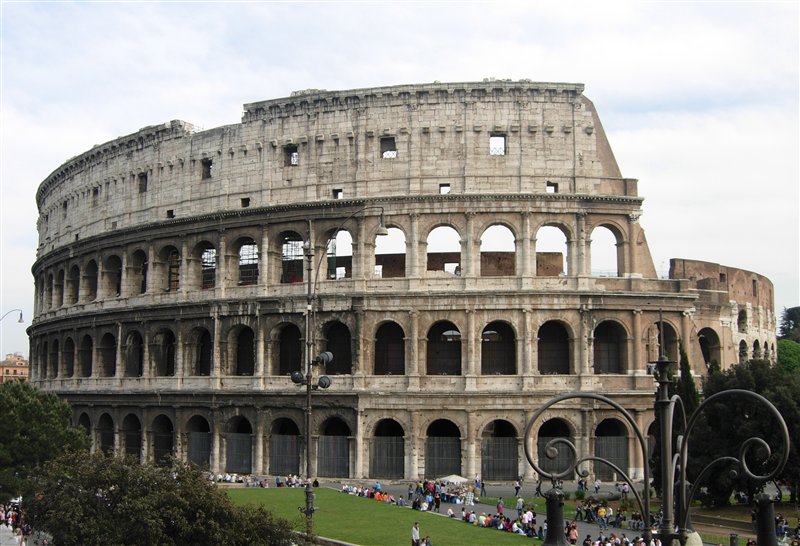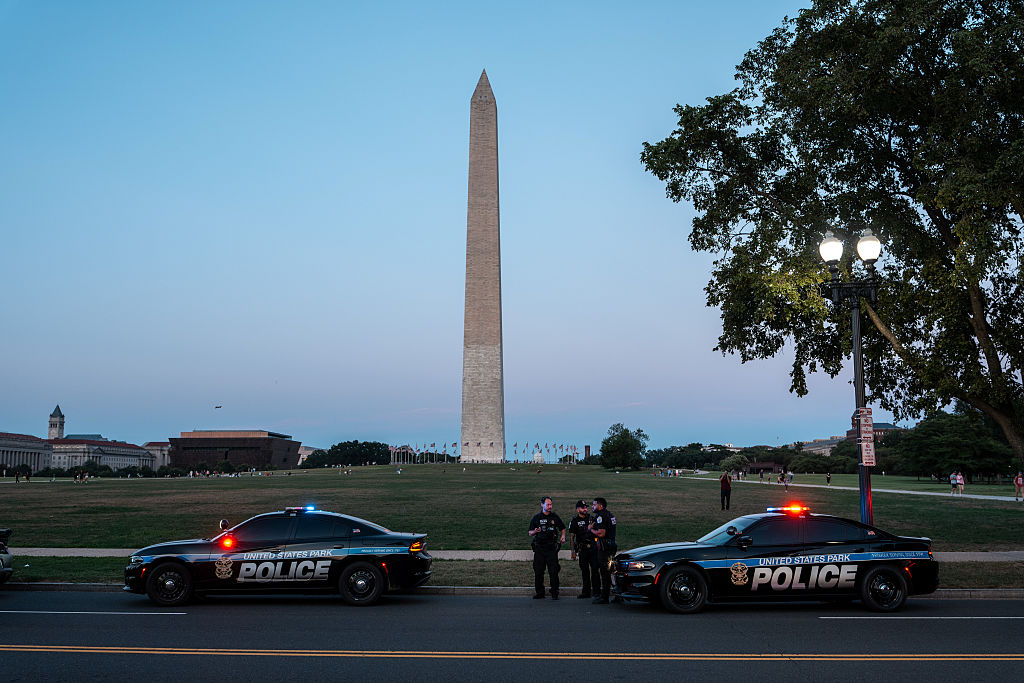“Recent research regarding ancient economic history,” the economist Rafael R. Guthmann writes in his Substack, “has suggested that Western Eurasia, during the time it was politically unified under the Roman Empire, achieved an extraordinarily high level of economic prosperity for a pre-modern society.” A comparison to decentralized ancient Greece, however, tells a different story. Greek cities, Guthmann writes, grew faster than Roman ones, Greek soldiers were paid more than Roman soldiers, Greek workers were paid more than Roman workers, and citizens generally had more free time:
As a result of intensive political competition and experimentation among over a thousand sovereign city-states, political institutions developed to an impressive degree. For example, the level of democratic participation in many Ancient Greek states was only attained again anywhere else in the world by the developed countries in the late 19th and 20th centuries. In fact, it has been argued by Bergh and Lyttkens (2014) that the inhabitants of Classical Athens enjoyed a high level of economic freedom . . . The archeological evidence shows that living standards improved dramatically: the size and quality of houses and the consumption of durable household goods both increased by nearly an order of magnitude. This civilization achieved living standards during the peak of its efflorescence around 300 BC (this peak was also noted by Ober (2015)) that were perhaps not matched by any other pre-modern culture.
While the “aggregate economic activity” of antiquity peaked in the early Roman period, this was the result, in many ways, of Rome’s conquest of barbarian territories, Guthmann writes. “By Late Antiquity, however, all regions were declining and a dramatic collapse in living standards occurred all across Western Eurasia from the 2nd century to the 7th century.”
Guthmann concludes: “It appears to be the case that the economic collapse of the civilization that was governed by the Roman Empire was ultimately caused by the formation of the Roman Empire. In other words, the Middle Ages were bound to happen as soon as Rome defeated Carthage in the Battle of Zama in 202 BC.”
Do read the whole thing.
In other news
Speaking of economics, Jason Jewell reviews a new book on the importance of markets in bringing about individual liberty:
It is a commonplace observation that public discussion about race relations has been framed and driven by political progressives for many years . . . They claim that current gaps between white and black educational attainment and economic outcomes are due to this structural racism, and that thoroughgoing reeducation of whites and redistribution of resources to blacks are imperative to rectify these historic injustices. Less well known is a group of libertarian and classically liberal scholars who advance a different narrative: that blacks have indeed suffered from many injustices throughout American history, but that the problem springs from an inconsistent application and extension of America’s defining principles of individual liberty to them. These scholars, many of whom are economists, see no need for an overhaul of our constitutional and legal systems. Instead, they call for a fully consistent application of the principle of equality before the law, alongside a strengthening of the institutions of civil society and culture in the black community. The best-known scholars in this group are probably Thomas Sowell and the late Walter Williams. Others include Robert Higgs, David Bernstein, and David Beito. With the publication of Black Liberation through the Marketplace, readers have a convenient summary and explanation of the scholarship from this latter school, in a single volume designed for the general reader.
Dominic Green reviews Lauren Arrington’s Poets of Rapallo: How Mussolini’s Italy shaped British, Irish, and U.S. Writers:
Percy Shelley called poets the ‘”unacknowledged legislators of the world.” No poet sought acknowledgment more enthusiastically than Ezra Pound. No poet legislated so ambitiously or disastrously, either . . . He was also a fascist and fanatical anti-Semite who propagandized on the radio for Mussolini’s regime. After the war, Pound’s friends and fans, Eliot among them, convinced the American authorities that he was not bad, just mad. He was lucky not to be executed as a traitor. Lauren Arrington’s “Poets of Rapallo” is a fascinating, intricate study of Pound’s first steps on the road to perdition, and the cast of fellow travelers, Yeats among them, who went part of the way with him and then covered their tracks.
What was Charles Dickens’s relationship to the Bible? M.D. Seschliman reviews Jennifer Gribble’s new book on the topic.
The life and work of René Magritte:
Magritte studied painting, intermittently, with local artists and then, during the First World War and after, at the Académie Royale des Beaux-Arts in Brussels. Like other artists of his generation, he passed through versions of Futurism and Cubism; his distinctive style was sparked only in late 1923 when he saw a black and white reproduction of a painting by Giorgio de Chirico, a recent discovery of André Breton and the Surrealists. From outside the main line of medium-specific modernism, de Chirico demonstrated, for Magritte, “the primacy of poetry over painting”: “My eyes saw thought for the first time.” Magritte’s aesthetic language of enigma and surprise was also derived from de Chirico, in whom he found “a new vision through which the spectator recognises his own isolation and hears the silence of the world”.
The Oxford English Dictionary’s stubborn commitment to define every word in English no matter how long it takes:
The English language evolves at such a pace that, for the OED lexicographers, the goalposts aren’t so much shifting as sprinting away from them. Once a word has gained its place, it may be moved – for example, to be listed as a variant spelling – but it is never taken out, meaning that the dictionary only ever expands. (This is true even of mistakes. The word “astirbroad” was added in 1885, but when an editor came to revise it in 2019, they discovered that it was an early-modern typo: the typesetter for the 17th-century book in which the word was originally found had dropped the word “stir” into “abroad”. Still, astirbroad remains.) Nor is the OED limited to British English: the dictionary includes varieties spoken outside the UK – what its editors refer to as “World Englishes” – from Singapore to Jamaica.
The resulting dictionary details some 600,000 words. The most recent print edition – the second, published in 1989 – fills 20 volumes and would set you back £862.50. The initial plan was to complete the third edition by 2005, but 17 years later its editors are just halfway through. To an outside observer, the scale of the project – its grand ambition and granular detail – seems almost impossible, but when I put this to McPherson, she is unfazed. “We’re in trouble if the language ends, and not just professionally,” she says. “The English language is huge and so therefore the job we’re doing is a big job – but I don’t find it overwhelming. It’s energising. It’s exhilarating.”
The FBI removes Basquiat paintings from an Orlando museum: “All 25 works in the museum’s Jean-Michel Basquiat exhibition were seized by the F.B.I. An affidavit called into question their origin and their authenticity.”

























